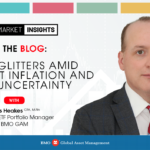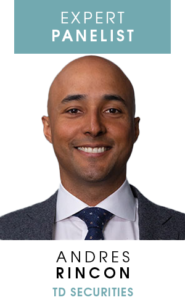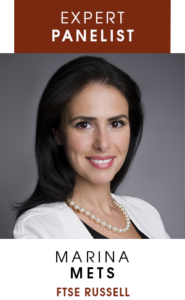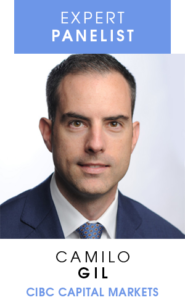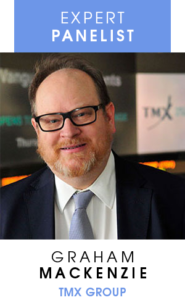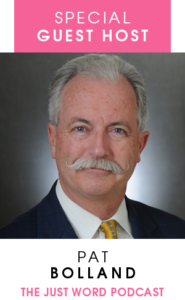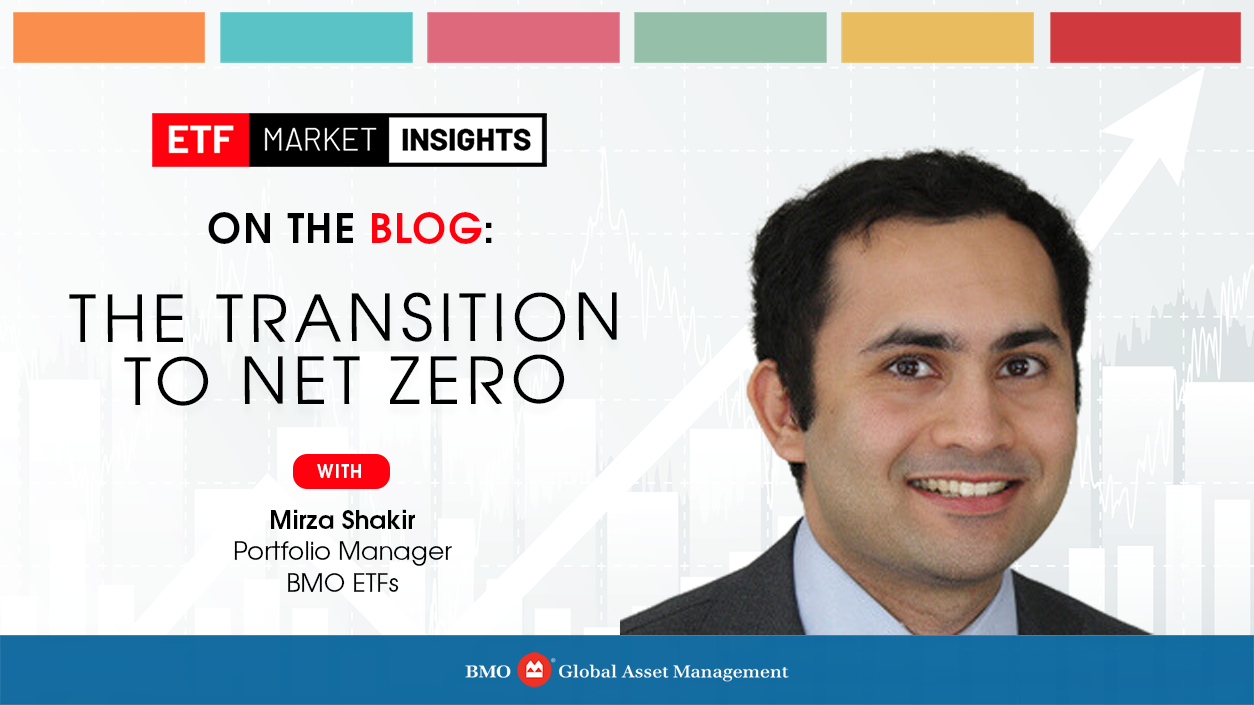
The Transition to Net Zero
The fight against climate change has become a sprint towards a net zero emissions future. Governments, businesses, and investors are all searching for solutions that will meaningfully reduce greenhouse gas emissions and mitigate the worst effects of global warming. This rapid transition presents a unique challenge, but also a plethora of investment opportunities. From renewable energy and sustainable infrastructure to innovative technologies and resource efficiency solutions, there are numerous ways to invest in this transition.
The Clean Energy Revolution
At the forefront of this change lies the undeniable rise of renewable energy. Solar, wind, geothermal, and hydropower are poised to become the dominant sources of global energy production. The International Renewable Energy Agency (IRENA) predicts that renewables will account for 86% of global electricity generation by 2050 in their net zero by 2050 pathway (Source: Irena, April 30 2019).
Investment opportunities abound in this sector, from established players in renewable energy generation like Enphase Energy and First Solar to cutting-edge companies developing next-generation battery storage solutions like Tesla and smart grid technologies like GridBeyond.
However, integrating these renewable sources into the grid requires a more sophisticated infrastructure. Solar and wind power, for example, are intermittent, requiring solutions for energy storage during off-peak hours. This creates opportunities for companies developing advanced home battery storage systems and specializing in utility-scale battery storage solutions. Additionally, the rise of electric vehicles (EVs) necessitates a robust charging infrastructure build-out, presenting investment opportunities in companies that are building out nationwide EV charging networks.
Investors can get access to companies directly involved in the clean energy space using the BMO Clean Energy Index ETF (ZCLN).
Building Sustainable Infrastructure
The burgeoning need for renewable energy is just one piece of the net zero puzzle. A robust and adaptable infrastructure is crucial to facilitate the large-scale integration of renewables and ensure a reliable, clean energy grid. This includes investments in transmission lines to carry renewable energy generated in remote locations to population centers, as well as advancements in energy storage solutions.
Furthermore, the ever-growing energy demands of artificial intelligence (AI) and data centers necessitate a focus on energy efficiency within these sectors. This creates opportunities for AI-powered grid management systems that can optimize energy use and integrate renewables seamlessly. Overall, the infrastructure build-out for net zero offers a vast landscape for investment in areas like smart grids, energy storage, and sustainable materials for grid modernization.
The BMO Global Infrastructure Index ETF (ZGI) and the BMO Brookfield Global Renewables Infrastructure Fund ETF (GRNI) provide access to companies involved in infrastructure (ZGI), and the infrastructure build out requisite for clean energy distribution (GRNI).
Green Tech: A Boom for Innovation and Investment
Necessitated by the climate crisis, the green technology sector is experiencing explosive growth. This “green tech” boom encompasses a wide range of innovations aimed at reducing our environmental impact and accelerating the transition to net zero. One key area of green tech development is data center cooling systems, given the ever-increasing energy demands of these facilities. Traditional cooling methods can be energy-intensive, so companies are developing innovative solutions like immersion cooling using non-toxic liquids or utilizing outside air for cooling in colder climates. These advancements not only improve energy efficiency but also open doors for investment in sustainable materials and construction practices for data centers themselves.
Beyond data centers, the green tech landscape encompasses a vast array of exciting investment opportunities. Companies like Beyond Meat are pioneering plant-based alternatives to traditional meat products, reducing greenhouse gas emissions associated with animal agriculture. Carbon capture technologies developed by companies like Climeworks offer solutions for removing existing carbon dioxide from the atmosphere. Sustainable agriculture practices promoted by companies like AppHarvest minimize environmental impact and improve resource efficiency. Green building solutions from companies like Saint-Gobain utilize sustainable materials and energy-saving technologies to reduce the environmental footprint of buildings.
Investors with a forward-thinking approach can find exciting opportunities across this rapidly evolving green tech space via several BMO ETFs – the BMO ARK Innovation Fund ETF (ARKK), the BMO NASDAQ 100 Equity index ETF (ZNQ*/ZQQ), and the BMO Global Innovators Active Fund (BGIN).
The Net Zero Imperative and ESG Investing
The focus on achieving net zero emissions and building a sustainable future is a core tenet of Environmental, Social, and Governance (ESG) investing. ESG investing considers a company’s environmental impact, social responsibility, and governance practices alongside traditional financial metrics. Companies actively working towards net zero through their operations and product development tend to score highly on the environmental pillar of ESG. Investing in companies and projects aligned with the net zero transition aligns with ESG principles, allowing investors to make a positive environmental impact while potentially achieving strong financial returns. Furthermore, the growing demand for sustainable solutions necessitates strong social responsibility practices and good corporate governance from companies in this space. By incorporating ESG factors into their investment decisions and prioritizing net zero goals, investors can contribute to a more sustainable and responsible future.
The BMO ESG suite of ETFs invest in a way to reduce the exposure to risks associated with environmental, social and governance issues – BMO MSCI USA ESG Leaders Index ETF (ESGY), BMO MSCI Canada ESG Leaders Index ETF (ESGA), BMO MSCI EAFE ESG Leaders Index ETF (ESGE), and BMO MSCI Global ESG Leaders Index ETF (ESGG).
Conclusion
The net zero emissions goal is a global endeavor that requires immediate and sustained action. The investment opportunities across renewable energy, sustainable infrastructure, green technology, and resource efficiency are vast and growing. By aligning their investments with the goals of a sustainable future, investors can play a pivotal role in building a cleaner, greener world for generations to come.
Disclaimer:
* Changes in rates of exchange may also reduce the value of your investment.
This material is for information purposes. The information contained herein is not, and should not be construed as, investment, tax or legal advice to any party. Particular investments and/or trading strategies should be evaluated relative to the individual’s investment objectives and professional advice should be obtained with respect to any circumstance.
The viewpoints expressed by the author represents their assessment of the markets at the time of publication. Those views are subject to change without notice at any time. The information provided herein does not constitute a solicitation of an offer to buy, or an offer to sell securities nor should the information be relied upon as investment advice. Past performance is no guarantee of future results. This communication is intended for informational purposes only.
Any statement that necessarily depends on future events may be a forward-looking statement. Forward-looking statements are not guarantees of performance. They involve risks, uncertainties and assumptions. Although such statements are based on assumptions that are believed to be reasonable, there can be no assurance that actual results will not differ materially from expectations. Investors are cautioned not to rely unduly on any forward-looking statements. In connection with any forward-looking statements, investors should carefully consider the areas of risk described in the most recent prospectus.
The ETF referred to herein is not sponsored, endorsed, or promoted by MSCI or Bloomberg and they each bear no liability with respect to any such ETF or any index on which such ETF is based. The ETF’s prospectus contains a more detailed description of the limited relationship MSCI or Bloomberg have with the Manager and any related ETF.
Nasdaq® is a registered trademark of Nasdaq, Inc. (which with its affiliates is referred to as the “Corporations”) and is licensed for use by the Manager. The ETF has not been passed on by the Corporations as to their legality or suitability. The ETF is not issued, endorsed, sold, or promoted by the Corporations. The Corporations make no warranties and bear no liability with respect to the ETF.
Commissions, management fees and expenses (if applicable) all may be associated with investments in BMO ETFs and ETF Series of the BMO Mutual Funds. Please read the ETF facts or prospectus of the relevant BMO ETF or ETF Series before investing. BMO ETFs and ETF Series are not guaranteed, their values change frequently and past performance may not be repeated.
For a summary of the risks of an investment in the BMO ETFs or ETF Series of the BMO Mutual Funds, please see the specific risks set out in the prospectus. BMO ETFs and ETF Series trade like stocks, fluctuate in market value and may trade at a discount to their net asset value, which may increase the risk of loss. Distributions are not guaranteed and are subject to change and/or elimination.
BMO ETFs are managed by BMO Asset Management Inc., which is an investment fund manager and a portfolio manager, and a separate legal entity from Bank of Montreal. ETF Series of the BMO Mutual Funds are managed by BMO Investments Inc., which is an investment fund manager and a separate legal entity from Bank of Montreal. ®/™Registered trademarks/trademark of Bank of Montreal, used under licence.


